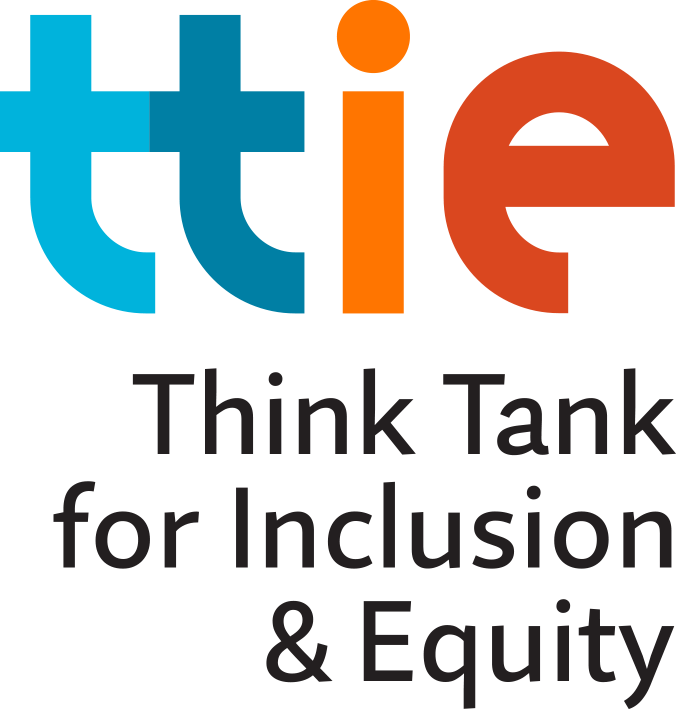An offensive term often used to refer to a child born to a non-citizen parent under the assumption the child will provide them a path to securing citizenship or legal residency.
Arabs are people who identify as being from one of the 22 Arab League Nations (see below) who share a common language, history and culture. Arabs are also one of many ethnicities that practice Islam. But not all Arabs are Muslim; 7% adhere to other religions (e.g., approximately 5% of Arabs are Christian; approximately 63% of U.S. Arabs are Christian, 24% Muslim, 13% are other or have no religious affiliation).
Those seeking refugee status to secure protection based on their religion, nationality, political affiliation, or particular social or ethnic group membership.
The right of any U.S.-born person to U.S. citizenship, as established by the 14th Amendment.
A term developed by anti-immigration groups to refer to the well-established legal process of issuing “family-based immigrant visas.” Preferred term: “Family-based migration.”
People who smuggle undocumented individuals across the U.S. border from Mexico, typically for a high fee.
A program that allows those who came to the U.S. as children and meet several requirements to apply for temporary protection from deportation and to work for two years. Not a path to citizenship. Though it ended in 2018, it remains in place for those who previously received DACA.
The forced removal of an individual from the U.S. because of unauthorized status, whether or not any criminal laws have been violated.
Detention centers are where detained immigrants (not incarcerated people) are kept while awaiting a trial, deportation hearing, or some other non-criminal process. According to reporters, non-profits, and politicians, worse conditions exist in U.S. immigrant detention centers than prisons.
Hired to perform household and caregiving duties in an employer’s private home or residence (e.g., housekeeper, nanny, gardener, au pair, chauffeur, in-home aide, babysitter). These professionals (majority women, mostly immigrants and BIPOC) do difficult, skilled work, often without basic labor rights and protections.
Refers to undocumented immigrants who came to the U.S. as children. Those who’ve since become eligible for DACA are also called “DREAMers.”
The long-term psychological effects of trauma (both personal and communal) that can be passed down through generations of families and cultures. Beyond psychological, these generational effects are also familial, social, cultural, neurobiological, and possibly even genetic.
Those who move to take permanent residence in a new country.
Those seeking refuge from a crisis in their own countries.
For context, remember: Spanish is a gendered language where singular nouns are declined male/masculine (Latino) or female/feminine (Latina); plural nouns use the masculine declension (Latinos) even when women outnumber men in a group. “Latinx” (LAT-uhn-eks or luh-TEE-neks) is a gender-neutral or non-binary alternative to Latino/Latina/Latin American and is fast growing as the preferred identifier among U.S. Latin American communities.
Though many agree that inclusivity in language is a good thing, the level of facility in pronunciation of one over the other is more the topic of discussion when it comes to Latinx vs. Latine. Most media outlets, Remezcla included, have opted for Latinx up until now. The problem, many find, is that it’s difficult to pronounce Spanish words that have replaced gendered vowels with an “x.” For many, it’s easier to use the gender neutral “e” instead.
One who travels seasonally for temporary work. Not all are undocumented (and not all undocumented individuals are migrant workers). As the U.S. border has become militarized, many who once came seasonally now stay and live as undocumented immigrants.
Chronically high levels of stress endured by members of stigmatized communities (e.g., BIPOC, LGBTQIA+, disabled, religious minorities, HIV+) caused by the prejudice, discrimination, and systemic oppression they face. This leads to a number of negative mental and physical health disparities among these groups (e.g., internalized racism, transphobia, homophobia; increased risk-taking behavior; anxiety; high blood pressure).
When individuals within a family have different citizenship/immigration statuses.
A pattern of exclusion and marginalization based on having identities that are different from the perceived “norms” of a community, social group, nation, etc. It relies on an “us vs. them” mentality.
Those forced to flee their home countries due to war, political persecution, natural disaster, famine, or poverty.
